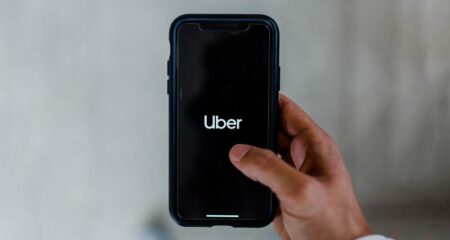 The Competition Commission has taken aim at fast food delivery companies such as Uber-owned Uber Eats and Takealot Group-owned Mr D Food, imposing strict new rules on the firms.
The Competition Commission has taken aim at fast food delivery companies such as Uber-owned Uber Eats and Takealot Group-owned Mr D Food, imposing strict new rules on the firms.
Firstly, the commission has taken away some of the discretionary powers that franchisers – Steers owner Famous Brands, for example – exercised over their franchisees, including with whom they may contract.
According to the final report on the online intermediation platforms inquiry, which the commission published on Monday, franchisers will no longer be able to restrict the choice of delivery partner for their franchisees.
“Some franchisers restrict their franchisees from registering with delivery services that are not approved by head office,” the commission said. Now, under the new rules, the commission has banned national restaurant chains from restricting or dictating the choice of food delivery platform to its franchisees.
The commission said the removal of these powers did not mean franchisers could no longer set “minimum standards” or “guidance criteria” for their franchisees, but that these guidelines must not include “terms that are exclusionary of local delivery platforms and new entrants”.
Another key finding relating to food delivery platforms regards parity pricing, clauses that platforms such as Uber and Mr D Food sometimes have in their contracts that restrict the restaurants from offering lower prices on other platforms or on their own website. Although Uber has removed the clause from its contracts, the commission said it must inform restaurants that it has done so, while competitor Bolt Food must still remove the clause and inform its restaurant clients.
Read: Takealot ordered to split retail, marketplace operations
The platforms are required to go even further: they must let customers know that the prices they pay for food delivery are higher than in-store – and say why that is the case.
Read: South Africa imposes penalties on Google
“Uber Eats and Mr D Food are required to notify consumers through a pop-up message periodically that they charge restaurants a commission fee for their service, and restaurant in-store pricing may differ from the prices they charge on their service,” the commission said in its report. – © 2023 NewsCentral Media




